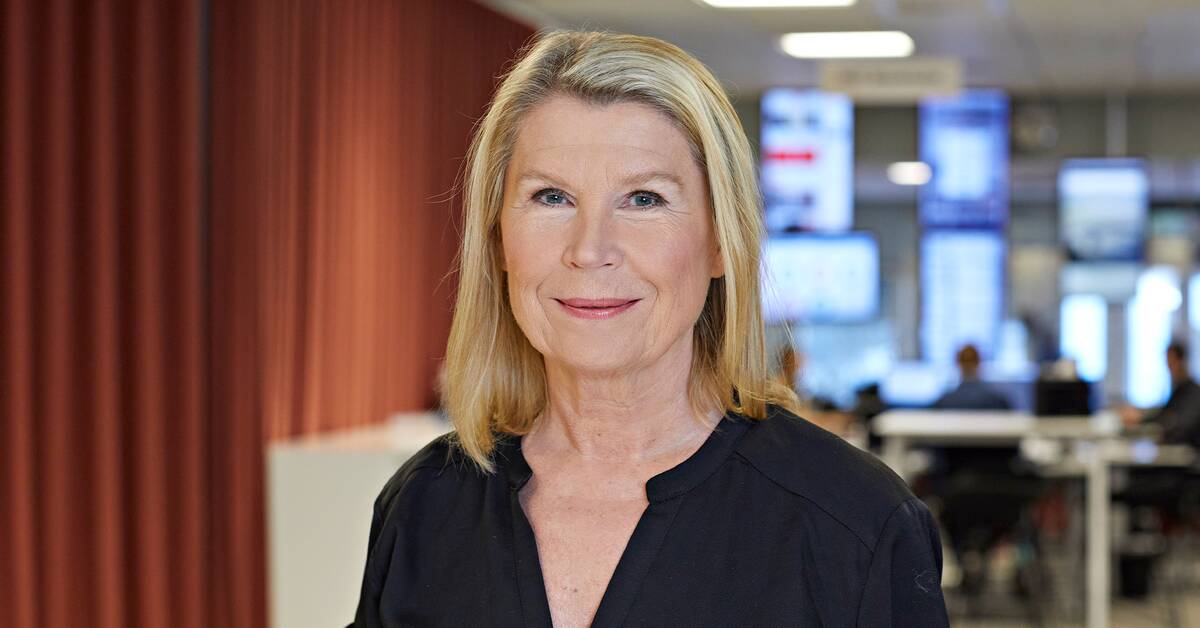When the state forbids journalists to call a war a war, then free speech is no longer free.
When independent media are subsequently shut down one by one and the state introduces new "anti-fake laws" with sky-high fines and severe prison sentences for those who are considered to discredit the Russian state, then it is no longer possible to operate there.
The situation for Russian journalists and free media has long been extremely difficult in Russia.
In December, Dmitry Muratov, editor-in-chief of one of Russia's few independent newspapers, was awarded the Novaya Gazeta Nobel Peace Prize.
Six of his journalists have been murdered for their reporting.
News sites are blocked
The Russian independent TV channel Dozhd, also known as TVRain, was forced to suspend its broadcasts on Thursday after the censorship authority blocked them.
In a final broadcast, the staff said goodbye to their audience and walked out of a closed studio together.
The Moscow Eko radio station has also been forced to close down and there are unfortunately many more examples.
A number of news sites have recently been blocked in Russia.
These include the BBC, Deutsche Welle, the American-funded Radio Free Europe / Radio Liberty's Russian-language site and Svoboda.
The independent Russian news site Meduza also states that their site is no longer available in the country.
Late on Friday night, the BBC's CEO Tim Davie announced the exceptional decision to pause the work of his Russia-based journalists.
He wrote in a post on Twitter that "this legislation seems to criminalize independent journalistic activity".
The Moscow correspondent travels home
There is currently nothing more important for SVT News than watching the war in Ukraine and the dramatic security situation in the world.
We want to be as close as possible, provided that the security of our employees allows it.
We want reporters close to the victims of the war and we obviously want to be able to report on what is happening in Russia on the ground in the country.
But the development has been very fast and worrying lately.
Journalists who report the truth about what is happening in Ukraine right now risk extremely harsh punishments.
SVT Nyheter has therefore decided that our Russia correspondent Bert Sundström will travel home for a while, so that we can evaluate the situation in the country.
We will do our utmost to give as true a picture as possible of what is happening in Russia in the future as well.
The Kremlin has lowered a dark curtain of censorship and retaliation against free media.
Our job as journalists is to find the tears so that we can look in and continue to describe what is happening.

